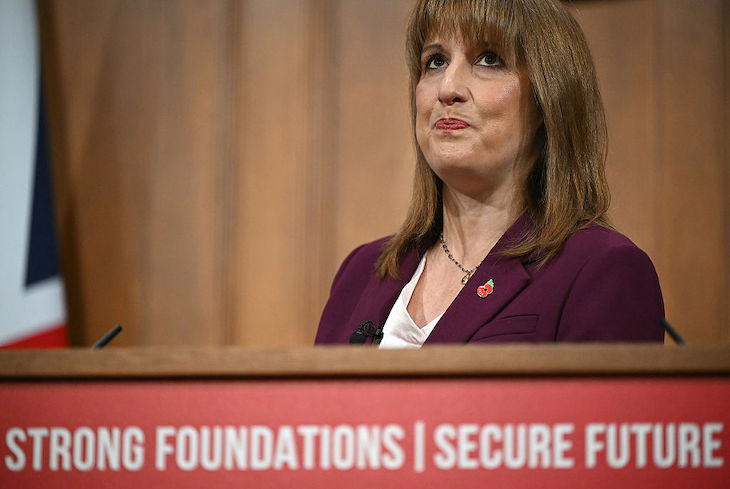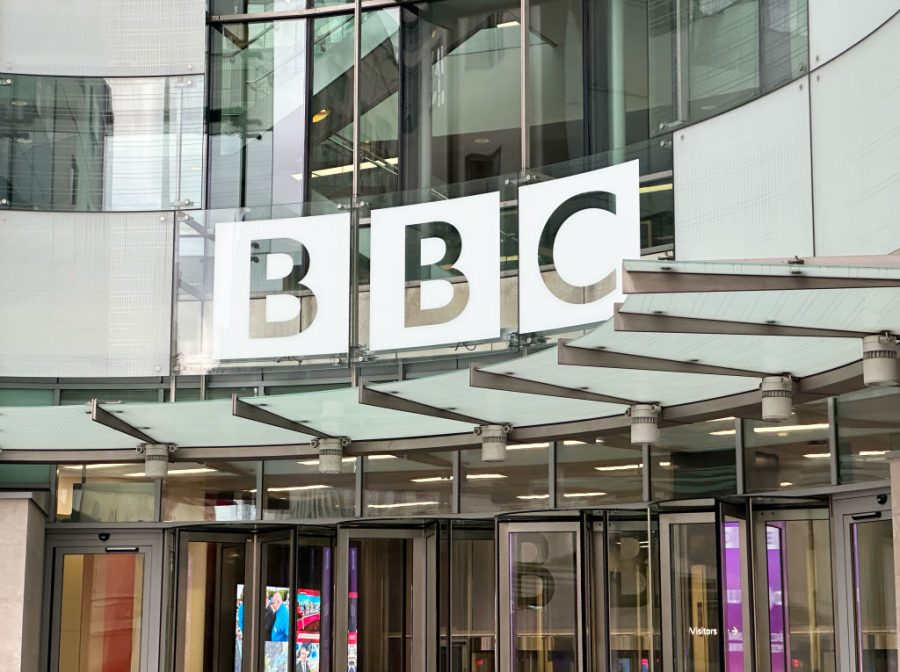The Bank of England has held interest rates at four per cent. The Monetary Policy Committee (MPC) voted five to four in favour of maintaining the rate. There had been some speculation that the Bank might consider a cut to pre-empt some of the harshest measures expected in this month’s Budget, but the rate-setting committee chose to align with market expectations, which had widely anticipated a hold.
Alongside the rates announcement, the MPC released their quarterly Monetary Policy Report which set the blame for inflation squarely at the Chancellor’s door.
‘Unusually large increases in administered price, such as Vehicle Excise Duty, and sewerage charges, are currently estimated to account for 0.4 percentage points of the overshoot in CPI inflation from target. Food, beverage and tobacco prices are estimated to be contributing a further 0.4 percentage points. Much of the remaining 1 percentage point of the overshoot is judged to reflect elevated labour cost growth, due to past strength in wage growth as well as higher employer National Insurance contributions (NICs).’
Or in plain English: decisions made by Rachel Reeves have pushed prices up.
Whilst that’s a fair criticism – it’s indisputable that the £25 billion employer NI rise, alongside the hike in the minimum wage, has pushed up wage costs in supermarkets for example – Reeves could reasonably bat the blame back to Threadneedle Street. The Bank, after all, has been content with letting inflation run hot for the last few years.
For now though, the MPC believes that inflation has peaked and is on a downward trajectory. Andrew Bailey, the Bank’s Governor, said: ‘We held interest rates at 4 per cent today. We still think rates are on a gradual path downwards, but we need to be sure that inflation is on track to return to our 2 per cent target before we cut them again.’
Counterintuitively, the decision to hold rates may be quietly welcomed in the Treasury. While much of the premium on UK borrowing and the rise in gilt yields is due to market concerns about the country’s growing pile of debt, persistent inflation fears have also played a major role. If the Bank were to appear complacent about inflation, yields – which have been falling in recent weeks – could quickly spike again.
Still Bailey seems clear that cuts are coming as downward pressure on the economy from prices and tax begin to mount. Whether this strategy is a smart one will depend on how quickly inflation falls, and whether the market has any faith in the Bank’s ability to do its job.








Comments